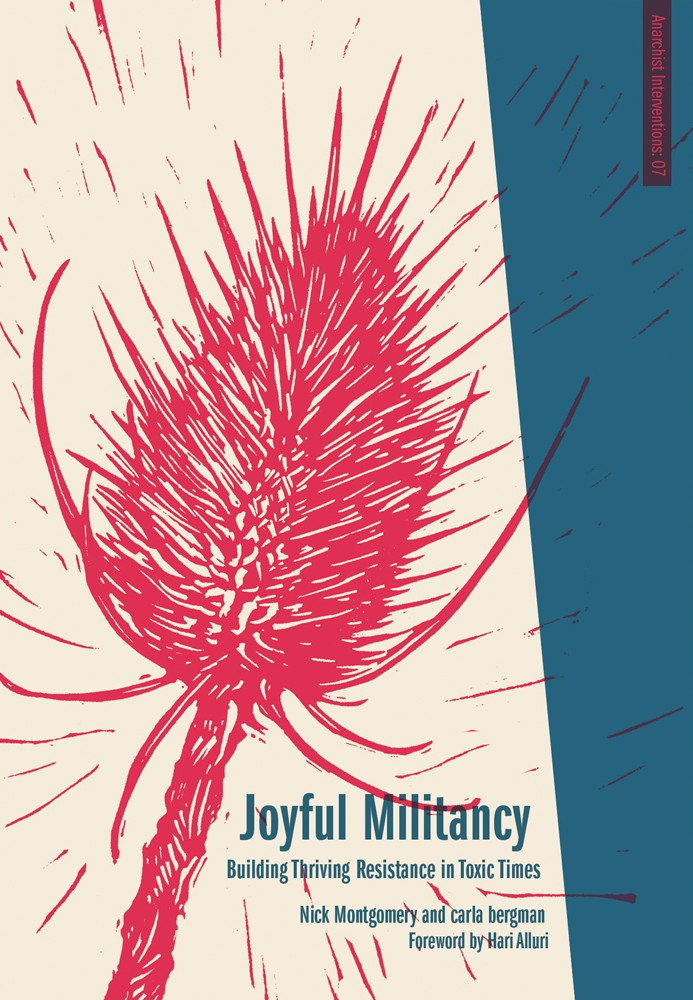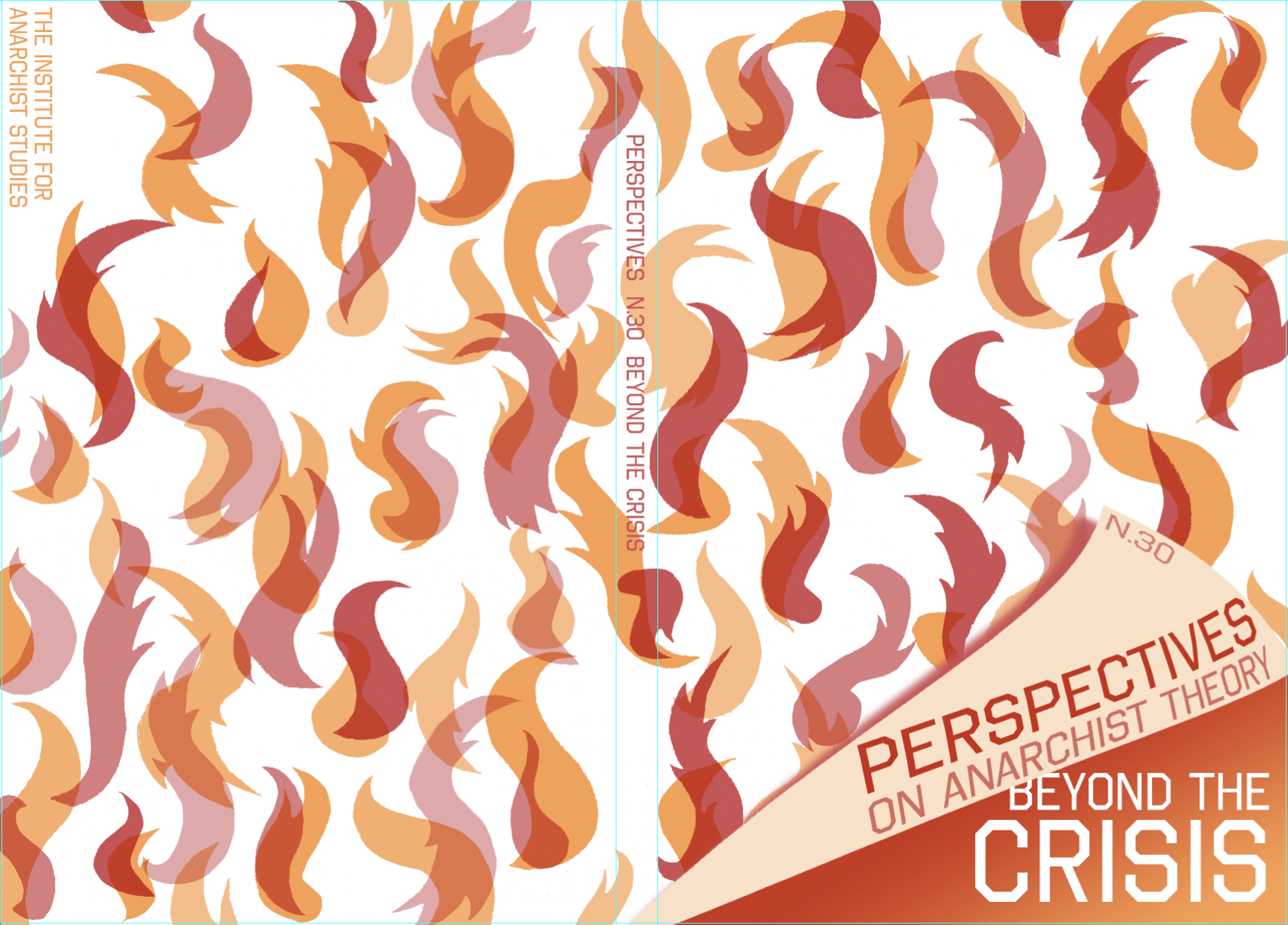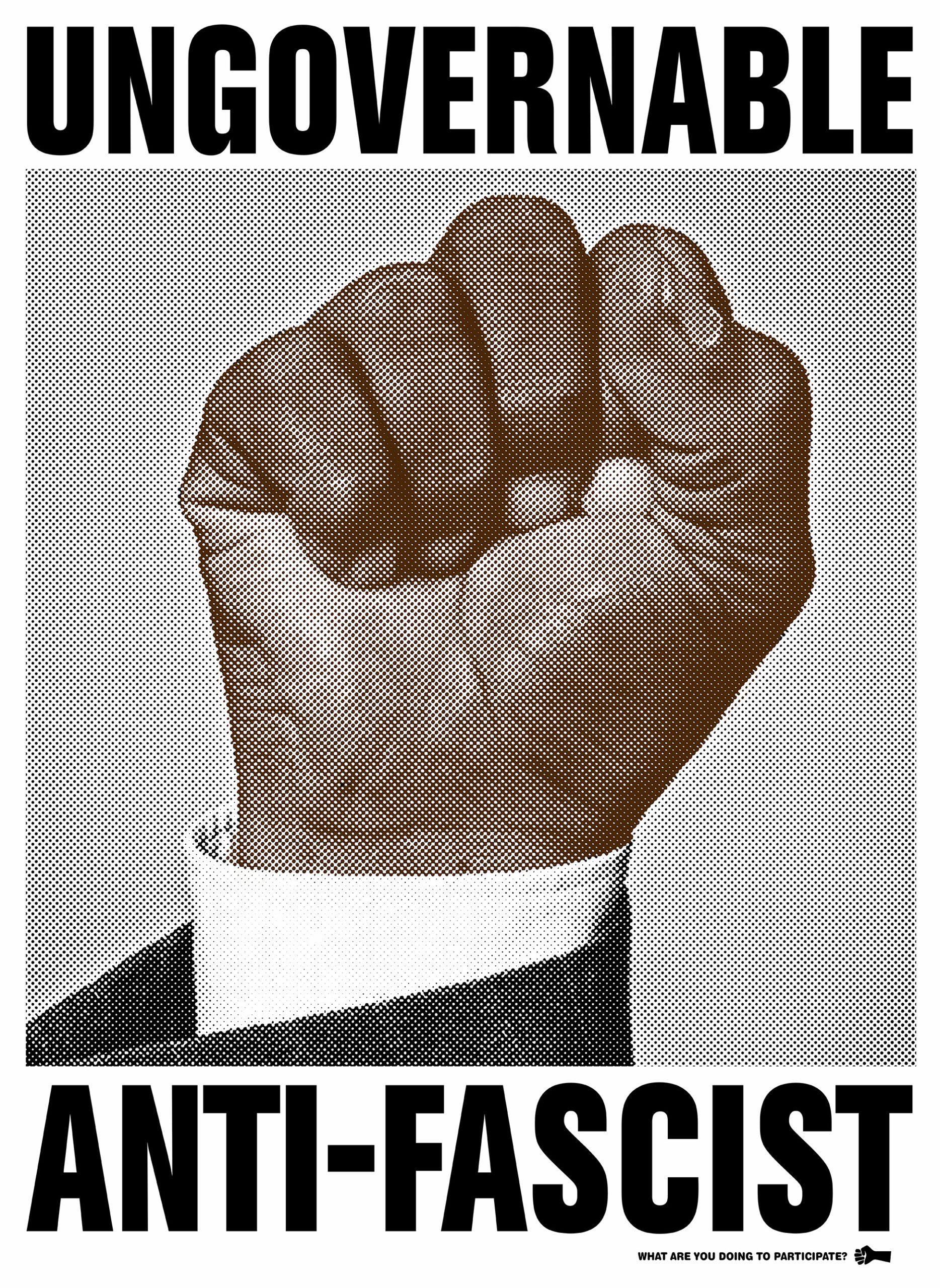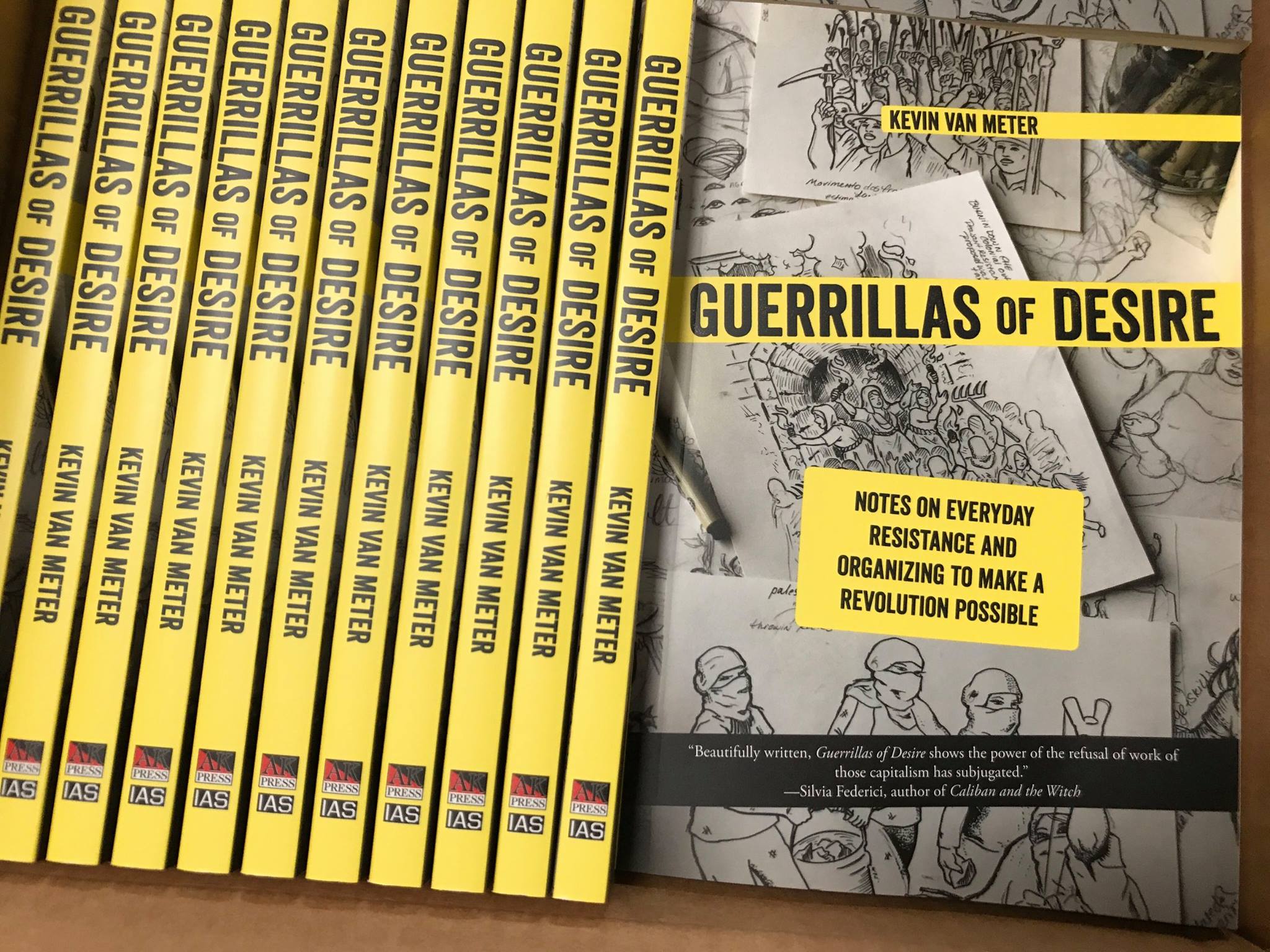 Here’s an interview with writer and activist Hillary Lazar on the connections between border politics and antifascism, applying intersectional frameworks to movement organizing. The discussion begins with a conversation about Lazar’s recent essay, “Connecting Our Struggles: Border Politics, Antifascism, and Lessons from the Trials of Ferrero, Sallito, and Graham,” published in Perspectives on Anarchist Theory (N30, “Beyond the Crisis” issue)
Here’s an interview with writer and activist Hillary Lazar on the connections between border politics and antifascism, applying intersectional frameworks to movement organizing. The discussion begins with a conversation about Lazar’s recent essay, “Connecting Our Struggles: Border Politics, Antifascism, and Lessons from the Trials of Ferrero, Sallito, and Graham,” published in Perspectives on Anarchist Theory (N30, “Beyond the Crisis” issue)
Joyful Militancy interview
Solecast talks with carla bergman and Nick Montgomery about their Institute for Anarchist Studies/AK Press book Joyful Militancy on their podcast! Joyful Militancy, part of the IAS/AK Anarchist Interventions series, is a critical examination of the toxicity that is so common within activist subcultures. Nick and … Read more










